When you hear the name Bessie Smith, you’re hearing the echo of a voice that changed music forever. In the 1920s and 30s, this powerhouse performer broke records and hearts with her raw, emotional delivery and unflinching lyrics about life’s hardships.
Her songs spoke truth to power, celebrated pleasure without shame, and gave voice to experiences many were afraid to acknowledge. These ten songs showcase why, a century later, no one has dethroned the Empress of the Blues.
1. “Saint Louis Blues” (1925)
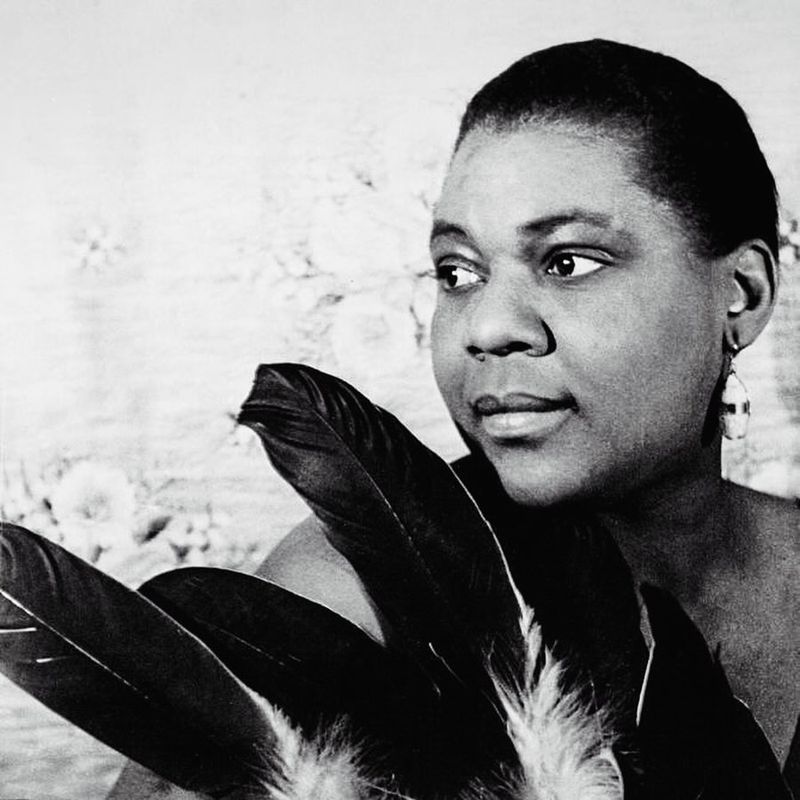
Magic happened when Bessie Smith and Louis Armstrong joined forces on this W.C. Handy classic. Their musical conversation creates something greater than either could achieve alone.
Armstrong’s cornet weaves around Smith’s vocals like smoke, responding to her phrases with perfect intuition. The recording quality may be primitive by today’s standards, but the emotional impact cuts through time.
Smith’s voice carries the weight of generations in this performance, making it the definitive version of a song that’s been recorded thousands of times since.
2. “Empty Bed Blues” (1928)
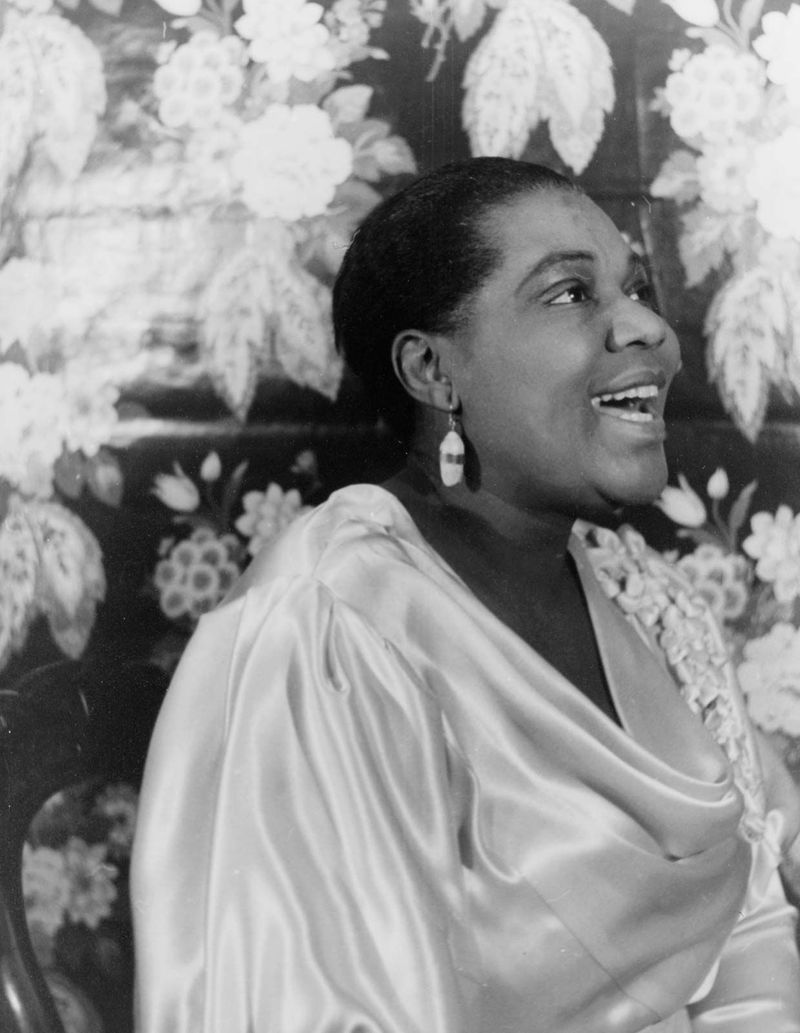
With her rich, powerful voice, Bessie captures the heartache of missing someone deeply and the emptiness that follows their absence. The bluesy rhythm and honest lyrics reflect her unmatched ability to tell stories that feel personal and universal.
It’s a classic example of how she turned everyday emotions into unforgettable music, delivered with both strength and vulnerability.
3. “Downhearted Blues” (1923)
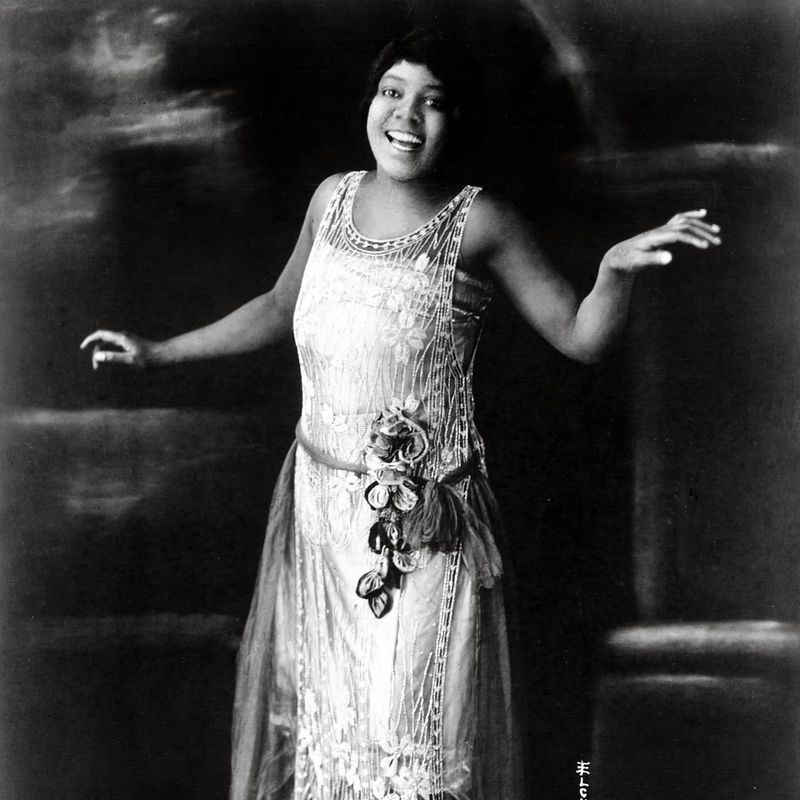
Columbia Records struck gold when they signed Bessie Smith. Her first release sold a staggering 780,000 copies in just six months—unheard of for a Black female artist.
The genius of “Downhearted Blues” lies in Smith’s delivery. She transforms heartbreak into strength, her powerful voice conveying both vulnerability and resilience as she declares: “I ain’t never loved but three men in my life.”
4. “Nobody Knows You When You’re Down and Out” (1929)
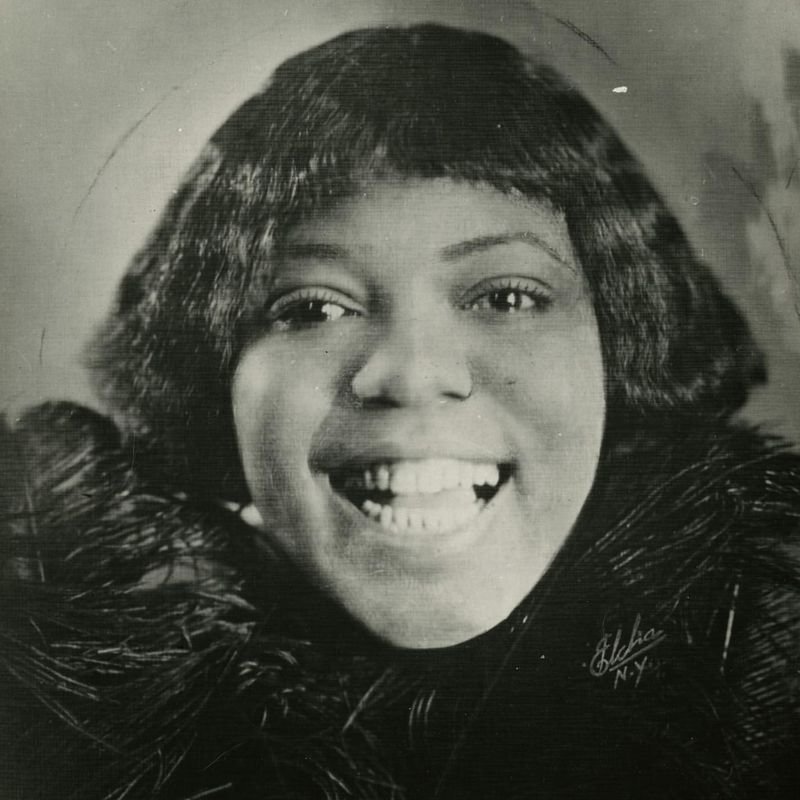
Recorded just months before the stock market crash of 1929, this song became eerily prophetic. Smith sings from the perspective of someone who once had everything but lost it all—and discovered who their true friends were in the process.
Her voice carries both wisdom and warning. The slow, deliberate phrasing gives weight to each word as she delivers the brutal truth about fair-weather friends.
Nearly a century later, this song remains the ultimate statement on loyalty, poverty, and the human tendency to abandon those who fall from grace.
5. “Tain’t Nobody’s Bizness If I Do” (1923)
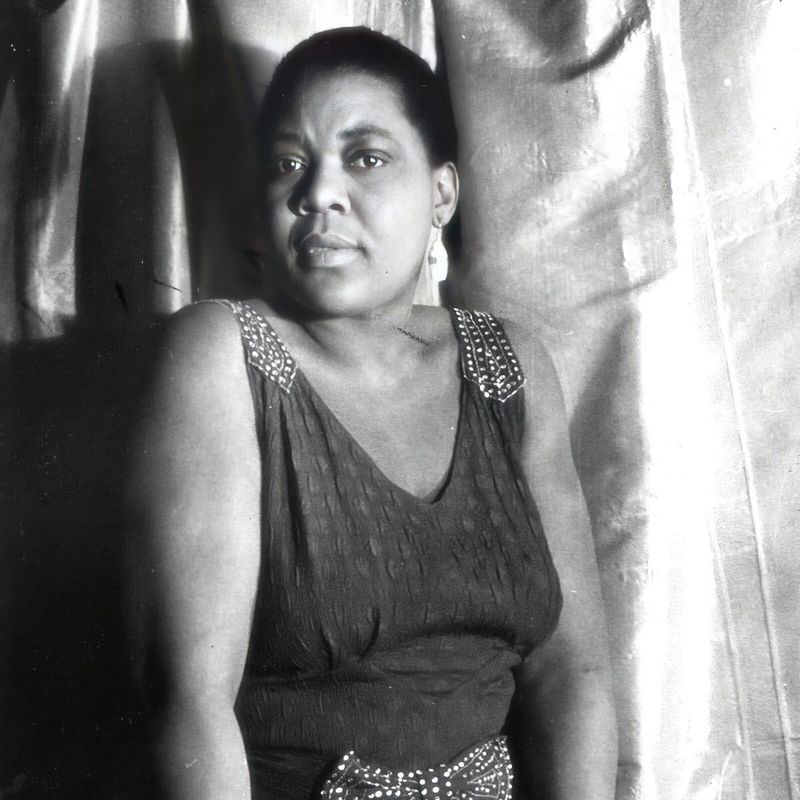
Long before “my body, my choice” entered our vocabulary, Bessie Smith was singing about personal autonomy with fierce conviction. This bold declaration of independence challenged society’s right to judge her choices.
Smith’s delivery is unapologetic and matter-of-fact. She doesn’t plead for understanding—she simply states her truth and dares listeners to question it.
The lyrics cover everything from drinking to abusive relationships, but the message remains revolutionary: a woman’s life belongs to her alone, not to society’s expectations or judgments.
6. “Backwater Blues” (1927)
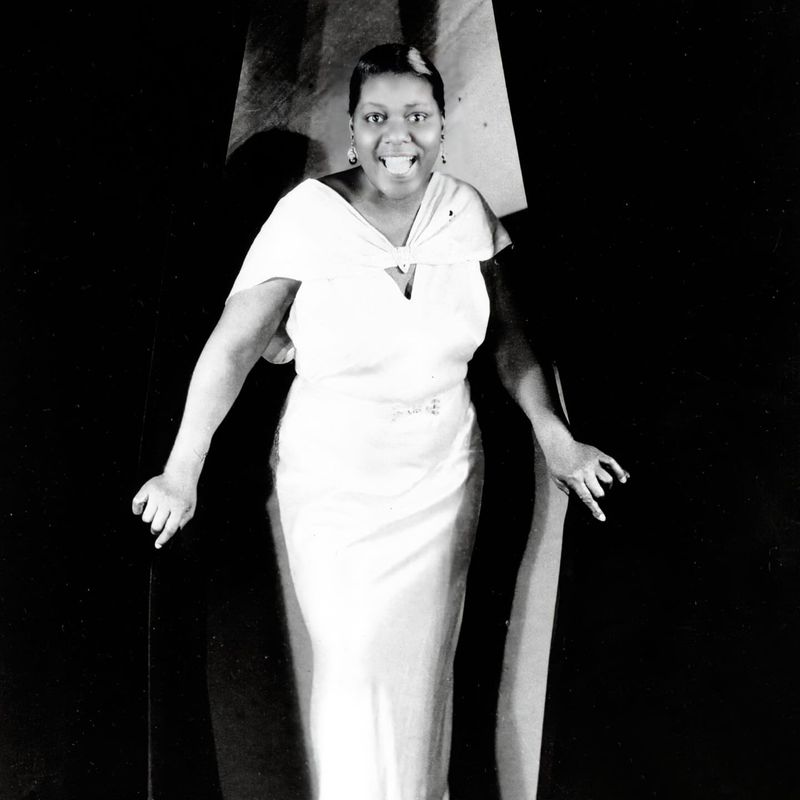
When the Mississippi River flooded in 1927, displacing hundreds of thousands of people, Bessie Smith captured the catastrophe in musical form. Her voice mimics the rising waters—starting low, then swelling with power and desperation.
The piano accompaniment creates the sensation of rain falling, then pouring down in sheets. You can hear the tragedy unfolding as she sings about people climbing trees and standing on rooftops to escape the flood.
This wasn’t just entertainment; it was musical journalism, documenting one of America’s worst natural disasters through the eyes of those most affected.
7. “Gimme a Pigfoot (And a Bottle of Beer)” (1933) –
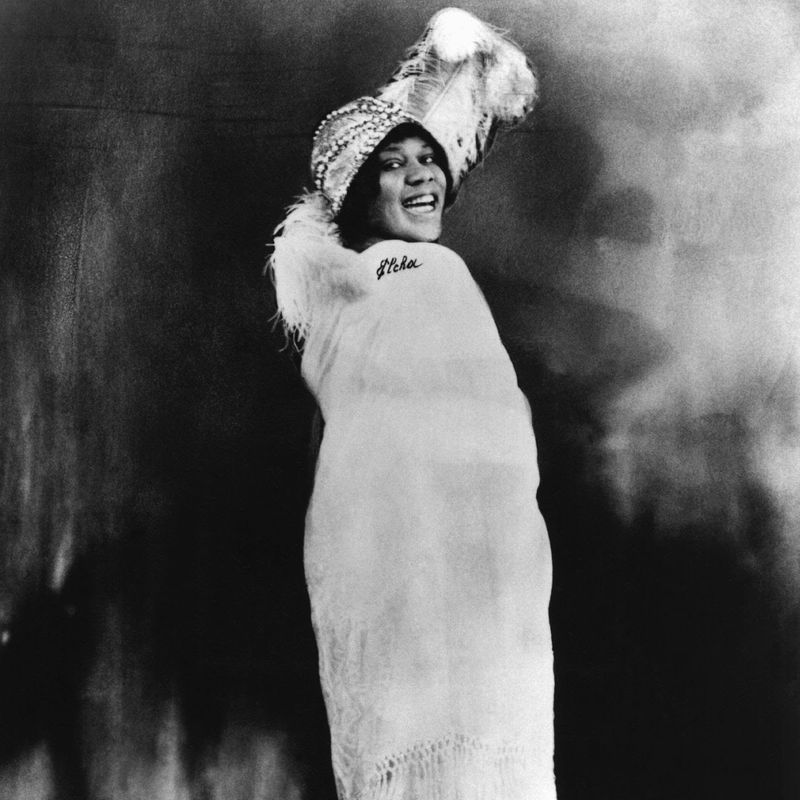
Recorded during the final days of Prohibition, this rollicking celebration of good times and simple pleasures showcases Smith’s playful side. Her voice swings with infectious joy as she demands the working-class delicacies that bring her happiness.
The horn section punctuates her phrases with raucous approval. You can practically see the smoky speakeasy and feel the floorboards shaking with dancing feet.
This late-career gem proves Smith could deliver not just sorrow but also jubilation, creating a musical environment where listeners could temporarily escape their troubles through shared celebration.
8. “I Need a Little Sugar in My Bowl” (1931)
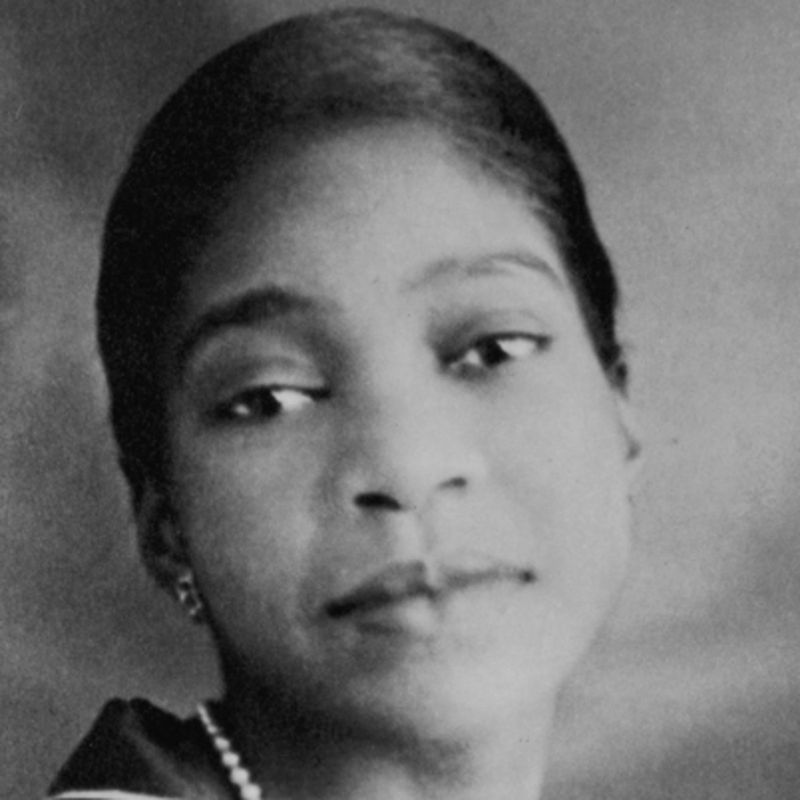
The genius of this track lies in its playful double entendres that allowed Smith to express female desire during an era when women’s needs were strictly controlled. Her suggestive delivery transforms innocent phrases into bold statements about pleasure and longing.
The slow tempo and sparse accompaniment put her voice front and center. Every inflection and vocal curl adds meaning to the seemingly simple lyrics.
Beyond its flirtatiousness, the song represents something profound: a Black woman in Jim Crow America claiming her right to pleasure and fulfillment when society denied her basic human dignity.
9. “Young Woman’s Blues” (1926)
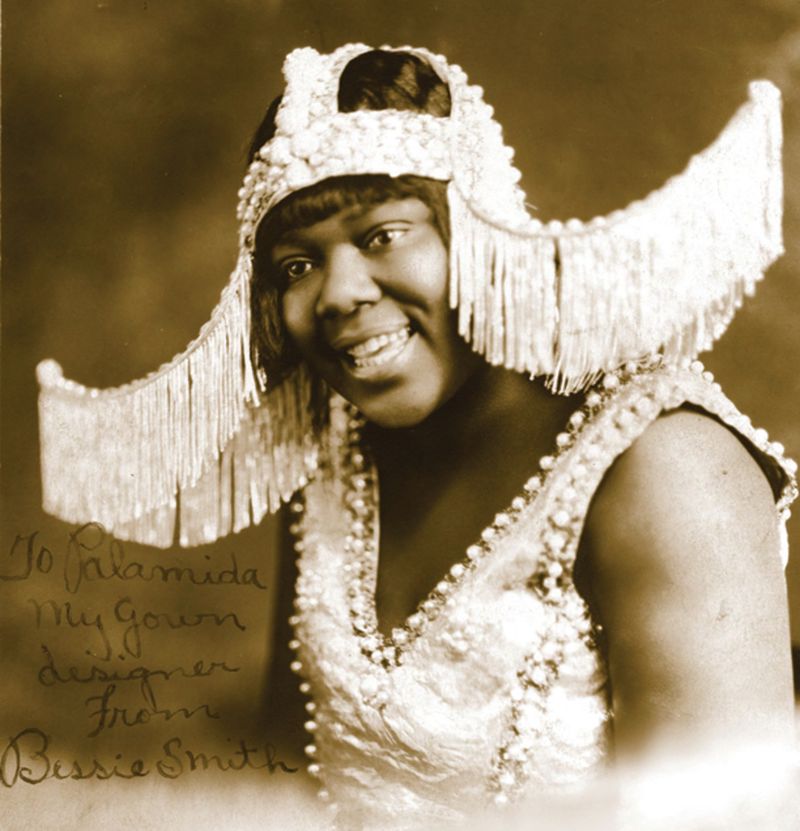
“I’m a young woman and ain’t done running around.” With that opening line, Smith shattered expectations for how women—especially Black women—should behave in 1920s America.
Her confident proclamation of independence resonates through each verse. She rejects marriage, embraces freedom, and refuses to apologize for living life on her own terms.
The straightforward blues arrangement lets her words take center stage, creating a feminist manifesto decades before the women’s liberation movement. This wasn’t just a song; it was a revolutionary statement of female autonomy in a society that demanded female submission.
10. “Sing Sing Prison Blues” (1927)
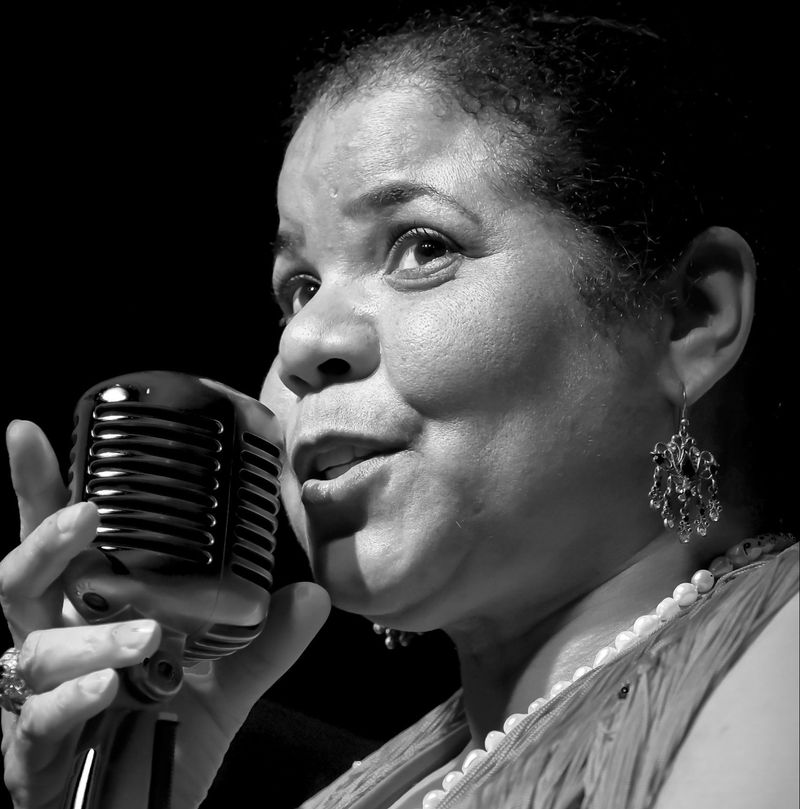
Few artists could make you feel the cold reality of prison walls like Bessie Smith. Her voice becomes a character—the incarcerated woman facing the consequences of her actions with a mixture of regret and defiance.
The sparse accompaniment creates the feeling of isolation that mirrors prison life. Each note hangs in the air like time stretching endlessly for someone serving a sentence.
Though Smith herself never served time at Sing Sing, her ability to inhabit the character shows her remarkable gift for storytelling and empathy. The performance remains one of the most authentic prison songs ever recorded.

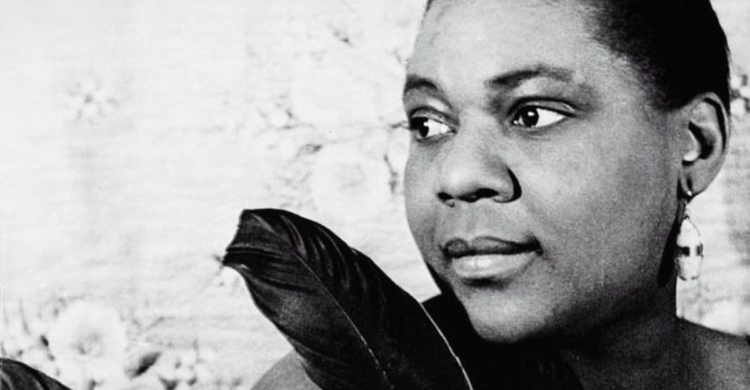
Comments
Loading…